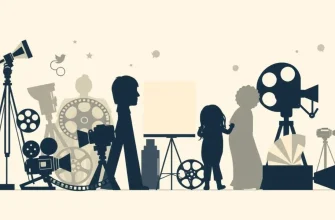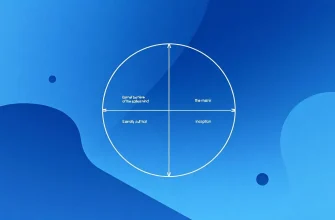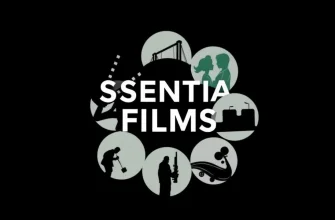This collection of films is curated for those who seek more than just entertainment from their cinematic experiences. Each film in this list offers layers of meaning, complex narratives, and intellectual stimulation, making them perfect for viewers who appreciate thought-provoking content. These films not only entertain but also provoke discussion, reflection, and a deeper understanding of human nature, society, and the universe.
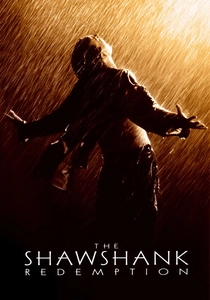
The Shawshank Redemption (1994)
Description: A story of hope, perseverance, and friendship set in a prison, it delves into themes of redemption and the human spirit's resilience.
Fact: Despite its critical acclaim, the film was not a commercial success upon release. It was based on a Stephen King novella.
 Watch Now
Watch Now

The Matrix (1999)
Description: A groundbreaking sci-fi that questions the nature of reality, free will, and control, offering philosophical inquiries wrapped in stunning visual effects.
Fact: The Wachowskis drew inspiration from various sources, including anime, cyberpunk literature, and philosophical texts. The film's "bullet time" effect was revolutionary.
 Watch Now
Watch Now
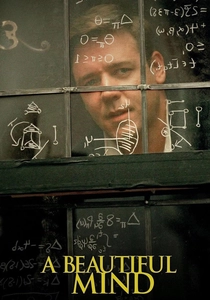
A Beautiful Mind (2001)
Description: This biographical drama about mathematician John Nash explores themes of genius, mental illness, and the human mind's capacity for both brilliance and breakdown.
Fact: The film won four Academy Awards, including Best Picture. Russell Crowe was nominated for Best Actor for his portrayal of Nash.
 Watch Now
Watch Now
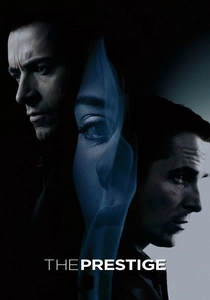
The Prestige (2006)
Description: A tale of rivalry between two magicians, this film delves into themes of obsession, sacrifice, and the nature of performance. It's a puzzle that keeps viewers guessing until the very end.
Fact: Christopher Nolan wrote the screenplay based on the novel by Christopher Priest. The film features a real-life magician, Ricky Jay, who also served as a consultant.
 Watch Now
Watch Now

The Social Network (2010)
Description: This film examines the creation of Facebook, exploring themes of ambition, betrayal, and the ethical implications of technology in modern society.
Fact: Aaron Sorkin wrote the screenplay in just six months. The film was shot in chronological order to capture the evolution of the characters.
 Watch Now
Watch Now

Inception (2010)
Description: Christopher Nolan's exploration of the subconscious through dreams challenges viewers to question reality and the layers of human consciousness. Its intricate plot demands active engagement.
Fact: The film was shot in six different countries. The spinning top seen in the film was custom-made for the movie.
 Watch Now
Watch Now

Her (2013)
Description: Spike Jonze's vision of a future where artificial intelligence can form emotional bonds with humans raises questions about love, loneliness, and the essence of human connection.
Fact: Scarlett Johansson, who voices the AI, never appears on screen. The film's original ending was different but was changed to be more ambiguous.
 Watch Now
Watch Now
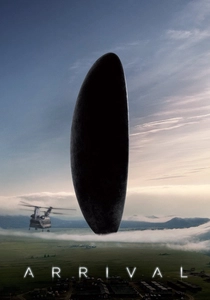
Arrival (2016)
Description: Denis Villeneuve's film about first contact with aliens focuses on linguistics, time, and perception, offering a profound meditation on communication and understanding.
Fact: The film's alien language was designed by a linguist, and the film's script was written in a non-linear fashion to reflect the story's themes.
 Watch Now
Watch Now
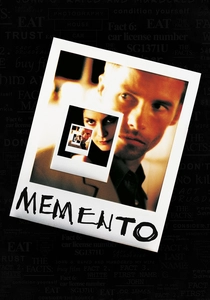
Memento (2000)
Description: Another Nolan masterpiece, this film's non-linear narrative structure reflects the protagonist's memory loss, engaging the audience in piecing together the story.
Fact: The film was shot in reverse order to help the actors portray the confusion of the main character. It was also inspired by a short story by Jonathan Nolan.
 30 Days Free
30 Days Free
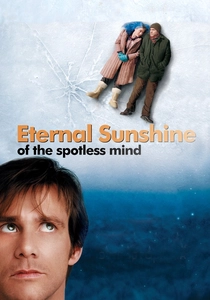
Eternal Sunshine of the Spotless Mind (2004)
Description: This film explores memory, identity, and love through a unique narrative where memories are erased, challenging viewers to consider the value of experiences, even painful ones.
Fact: The film was shot in sequence to reflect the chronological order of memory erasure. It was inspired by a short story by Charlie Kaufman.
 30 Days Free
30 Days Free



